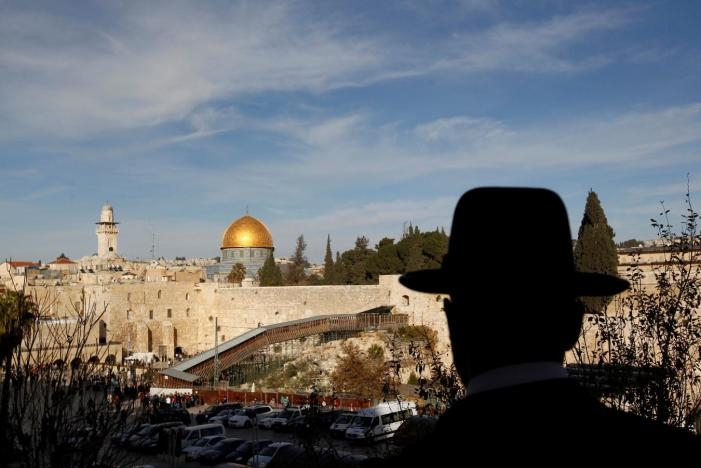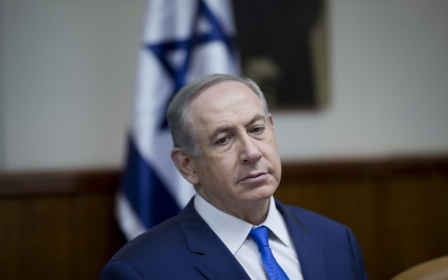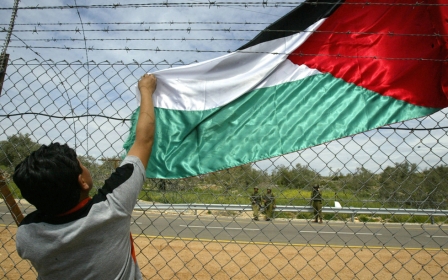US embassy move: Palestinians may stop recognising Israel over Jerusalem plan

Palestinian leaders on Tuesday called for prayers at mosques across the Middle East this week to protest Donald Trump's plans to move the US embassy in Israel to Jerusalem.
Officials are considering whether to withdraw their recognition of Israel - a central pillar in the 1995 Oslo peace agreement - in response to the plans.
Moving the US embassy to the city - with its occupied eastern part - and recognising Jerusalem as Israel's capital could inflame tensions in the Middle East and possibly sink what remains of today's peace efforts, Palestinians have warned.
Mohammad Shtayyeh, a senior Palestinian official and Fatah central committee member who was speaking on behalf of the leadership, said doing so would mean an "end to the two-state solution".
The Palestinian leadership has been informed by diplomatic contacts that Trump could call for the move in his inauguration speech on 20 January, he said.
Shtayyeh called for prayers at mosques throughout the Middle East on Friday as well as for churches to ring bells in protest on Sunday.
"I think and we all think that moving the embassy to Jerusalem is a dangerous step that will have dangerous consequences for the political track for our people and for our future aspirations, and for the Muslim, Arab, Christian countries and people all over the world," said Shtayyeh.
"We are not inciting violence. Ringing a church bell... is not a violent act. Calling for a prayer is not a violent act," he told journalists in the West Bank city of Ramallah.
Palestinian president Mahmoud Abbas has written to Trump urging him not to move the embassy.
The Palestinians regard Israeli-occupied East Jerusalem as the capital of their future state, but Israel proclaims the entire city as its capital.
The city's status is one of the thorniest issues of the decades-long Israeli-Palestinian conflict.
Israel occupied the West Bank, including East Jerusalem, in 1967. It later annexed East Jerusalem, in a move never recognised as legal by the international community.
Middle East Eye propose une couverture et une analyse indépendantes et incomparables du Moyen-Orient, de l’Afrique du Nord et d’autres régions du monde. Pour en savoir plus sur la reprise de ce contenu et les frais qui s’appliquent, veuillez remplir ce formulaire [en anglais]. Pour en savoir plus sur MEE, cliquez ici [en anglais].




